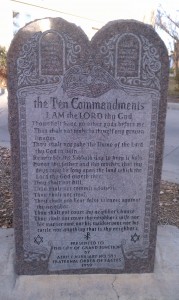 The November, 2014 elections will determine whether western Colorado can finally pull out of its negative economic and political spiral. But many people are so busy making a living and caring for their families that they don’t have time to study up on the candidates and issues. To make things easier for everyone, AnneLandmanBlog is providing this handy voter guide. Here is a list of how to vote if you are unhappy with our area’s status quo, want to protect the gains we’ve already made at the state level, keep extremists and unethical candidates out of public office, get rid of legislators who have failed to help western slope citizens and to make some badly-needed positive changes here western Colorado:
The November, 2014 elections will determine whether western Colorado can finally pull out of its negative economic and political spiral. But many people are so busy making a living and caring for their families that they don’t have time to study up on the candidates and issues. To make things easier for everyone, AnneLandmanBlog is providing this handy voter guide. Here is a list of how to vote if you are unhappy with our area’s status quo, want to protect the gains we’ve already made at the state level, keep extremists and unethical candidates out of public office, get rid of legislators who have failed to help western slope citizens and to make some badly-needed positive changes here western Colorado:
United States Senator: Mark Udall
House Representative for District 3: Abel Tapia
Colorado Governor/Lieutenant Governor: John Hickenlooper/Joe Garcia
Secretary of State: Joe Neguse
State Treasurer: Betsy Markey
State Board of Education: Henry C. Roman
State Senate, District 7: Claudette Konola
State Representative, District 55: Chris Kennedy
County Commissioner, District 2: Mark N. Williams
County Clerk and Recorder: Jennifer Manzanares
Mesa County Sheriff: Write-in candidate Benita Phillips
Amendment 67 (Fetal personhood): NO
 Amendment 68 (Large-scale gambling to fund schools): NO
Amendment 68 (Large-scale gambling to fund schools): NO
Proposition 104 (Forces school district boards to have open meetings): NO
Proposition 105 (Shall genetically-modified foods be labeled as such?): YES
Referred Measure 2A (Shall the town of Palisade allow retail recreational marijuana shops within the town?): YES
Referred Measure 2B (Should the town of Palisade tax the sale of retail recreational marijuana to economically benefit the town?): YES
Referred Measure 2C (Should the town of DeBeque tax the sale of retail recreational marijuana to economically benefit the town?): YES
Related posts:
It’s Time to End GOP Rule in Mesa County, Nov. 2, 2014
Why a Fetus is Not A Person, Oct. 31, 2014
Mesa County Clerk, Sheila Reiner, Makes 2nd Major Screw Up in Palisade Ballots, Oct. 18, 2014
Phillips: WaPo Cites Mesa County Sheriff’s Office as Misspending Public Funds, Oct. 15, 2014
All You Need to Know About Mesa County Politics, All in One Place, Sept. 17, 2014
Sheriff Candidate Mike Harlow: The Ugliest Face of Mesa County, July 13, 2014
CO House Rep. Ray Scott’s Weird 2014 Bill, Oct. 9, 2014
Ray Scott Tanks Club 20 Debate, Sept. 12, 2014
Colorado Senate District 7: Claudette Konola w. Ray Scott, The Club 20 Debate in Full, Sept. 10, 2014 (video)
CO Rep. Ray Scott Throws Women and Kids Under the Bus, July 29, 2014
Clueless CO House Rep. Ray Scott Denies Climate Change, June 24, 2014
McInnis Campaign Fails to Get Permission to Post Signs, Oct. 6, 2014
Congress Suspended Rule to Rename “McInnis Canyons,” Aug. 27, 2014
Petition: Change the name of “McInnis Canyons” Back to Previous Name, Aug. 24, 2014

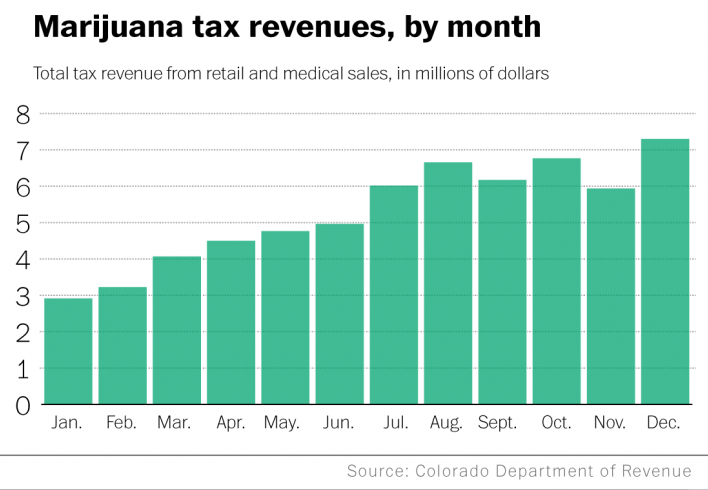
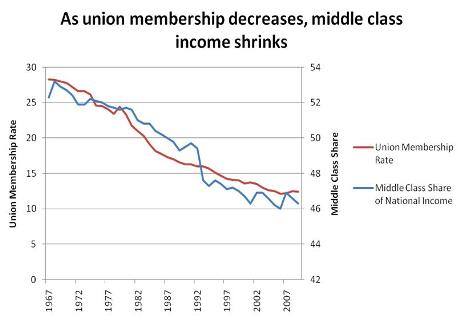


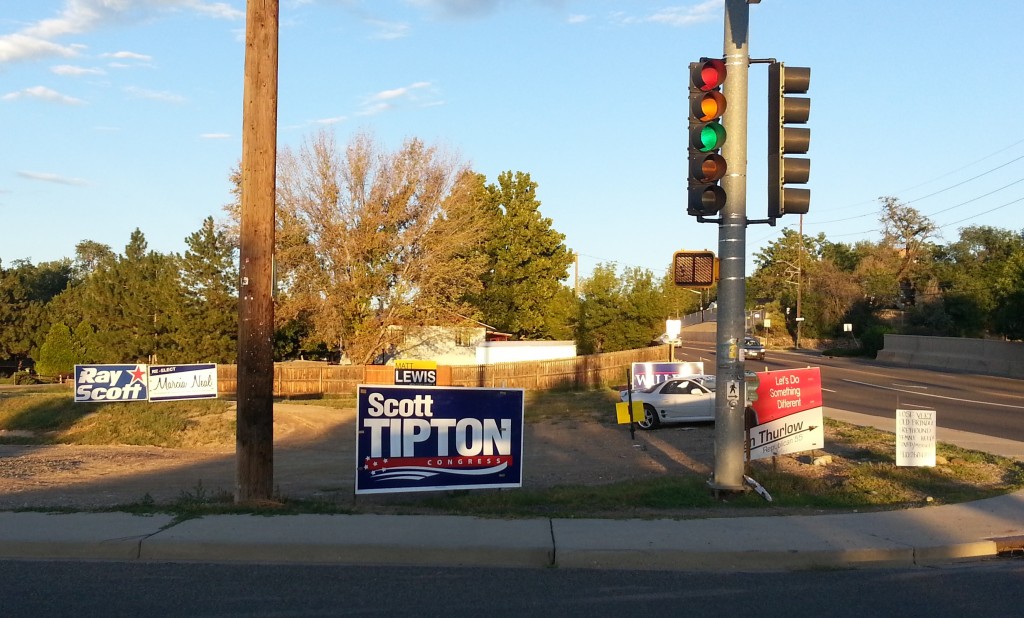







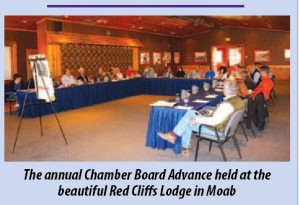



 Next time you dine out, take a close look at your check. Restaurants are starting to round the pennies on customers’ bills up or down, usually to the nearest nickel, to avoid having to deal with pennies.
Next time you dine out, take a close look at your check. Restaurants are starting to round the pennies on customers’ bills up or down, usually to the nearest nickel, to avoid having to deal with pennies. 
